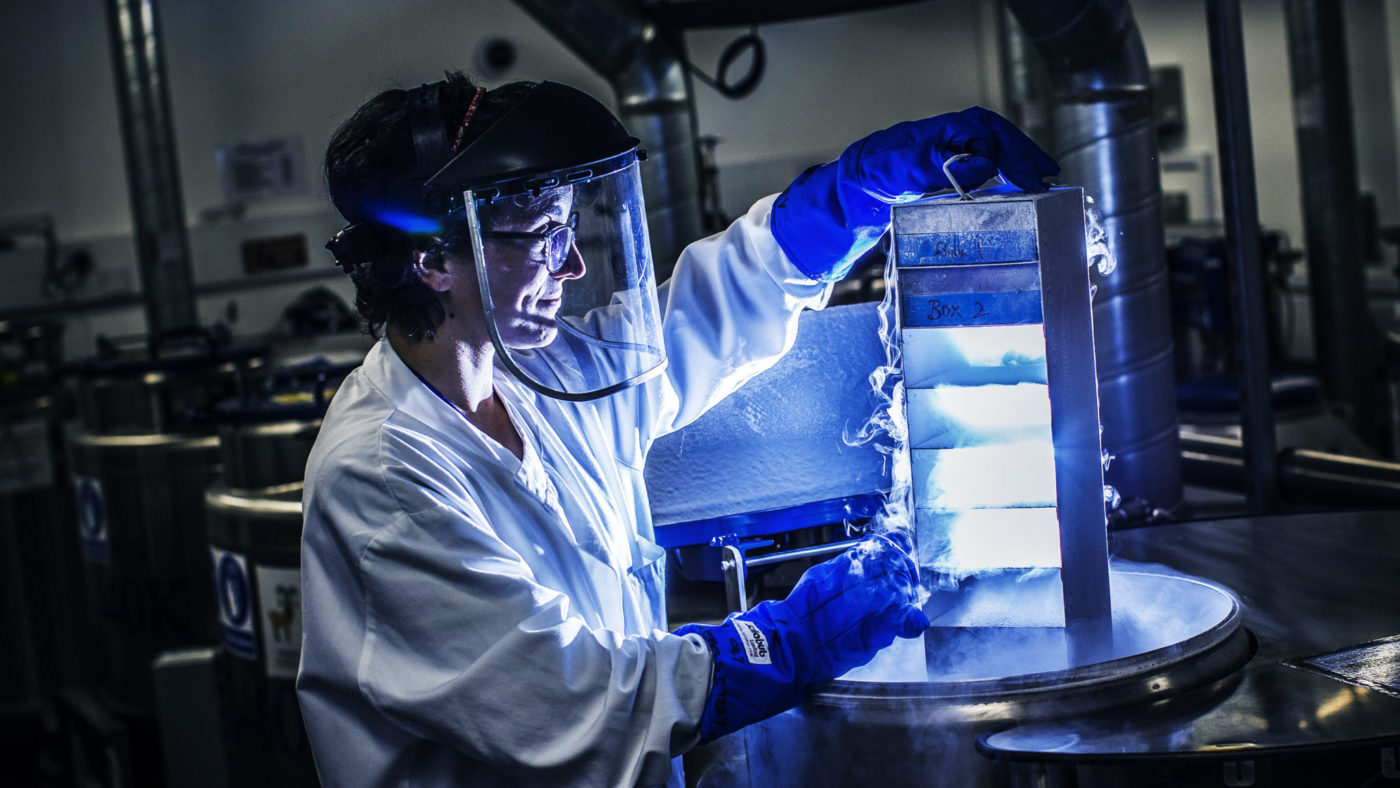Over the past several decades, technology has changed in a way which only recently would have been unimaginable. Put simply, we live in a time of constant and seismic technological change. In 2050, the way we live will be completely shaped by the inventions and breakthroughs made today.
Spearheading this technological charge is the Life Sciences sector, which uses the best of British innovation to tackle some of the greatest healthcare challenges of our time – ageing populations, lifestyle diseases, cancer and antimicrobial resistance.
Since I joined the Department for International Trade last year, I have had the privilege and pleasure of meeting some of those UK organisations and individuals who are driving this innovation, progressing advanced therapies and genomics and incorporating the latest technological breakthroughs into the field of healthcare to give us a better future.
It’s clear to see why we are one of the top three Life Sciences hubs globally, our renowned universities, research institutions and global companies, combined with the Government’s Life Sciences Sector Deal, make the UK very attractive both as a partner and as a location for investment.
Launched last year, the Life Sciences Sector Deal gives a real direction for the industry and includes specific action on areas such as the technologies of the future and the evolution of clinical trials. It also sets out how the government will work with the sector to build on the UK’s position as a world leader in biomedical discovery, as well as contributing finance and expertise to the innovative genomics programme in partnership with organisations such as GSK and AstraZeneca.
I have already seen the Sector Deal paying off. Earlier this year I visited the Boston Bio conference, which showcased the latest in scientific ingenuity to more than 16,000 people from 74 countries. I was struck by two things: firstly, that so many UK companies had taken action based on the Sector Deal and secondly, by how many overseas stakeholders were aware of the deal and thought it made the UK an even better place to trade and partner with.
One of the organisations that has taken notice of the UK’s prowess in the Life Sciences field is the largest medical complex in the world, the Texas Medical Center (TMC), and today I’m delighted to announce that the government has agreed a unique partnership with the TMC to help British companies gain access to the US market.
The TMC is home to more than 60 institutions, 100,000 medical professionals and helps to treat more than 10 million people every year from its base in Houston. After 18 months of hard work from our dedicated teams in DIT, UK companies are now able to set up offices on the site and will have access to a unique network of advisors, investors and medical experts. This will allow them to expand their global operations and increase their exports to the American market.
In return, DIT has helped TMC grow its network of contacts and interests in the UK. Our reputation for world class research and development has led to successful talks between Texas and organisations in Manchester, Cambridge and Leeds and today’s announcement will hopefully see the formalisation of these partnerships.
The UK already exports £6bn worth of pharmaceutical products to the US market every year, and partnerships like this are exactly how we will help this to expand.
Our recently launched Export Strategy will further help businesses export their products. With measures such as financial support through UK Export Finance, an ever-growing network of Export Champions and a wealth of export support on GREAT.gov.uk we are confident that there is an offer for every business.
British companies have a reputation for quality and innovation and, by complementing them with government and private sector support, we can establish our businesses as world-beaters in markets all over the globe.


